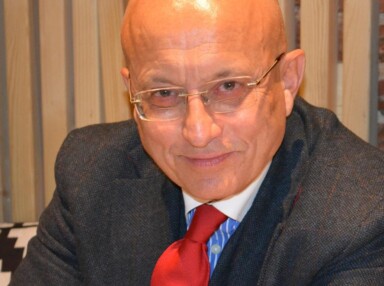‘Missing voices’: critical thinking in times of polycrisis
The international liberal order is widely regarded as being in a state of profound crisis. Yet, despite a rapidly growing body of literature on the subject, there remains little consensus on, or even clarity about, the nature and scope of this crisis. Key questions remain unresolved: What are the fundamental elements driving this crisis? In what ways is it distinct from previous periods of tension, and why might it be more dangerous now? What exactly is at stake or under threat? Perhaps most critically, what are the potential consequences of failing to address these challenges in a timely and effective manner?
One of the few broadly agreed-on points about the nature of the post-crisis global landscape is that the future international order will be markedly less Western-centric than it has been and increasingly multipolar. However, interpretations of the consequences of this anticipated shift vary widely. For some, it inspires a sense of ‘radical hope’, the belief that a more multipolar world might lead to a more just, equitable, and inclusive international system. For others, however, the prospect evokes deep concern, as they associate the erosion of Western dominance with instability, normative fragmentation, and a potential descent into a more chaotic or dystopian global landscape. This divergence in outlook underscores the deep uncertainty surrounding the trajectory and implications of the emerging world order.
The series of conversations we have initiated under our project titled Missing Voices: Critical Thinking in Times of Polycrisis seeks to offer a novel and necessary contribution to current debates on the future of the global order. Our aim is to engage seriously with perspectives that have often been marginalised, oversimplified, or silenced altogether. These voices are frequently filtered through frameworks that render them more palatable to certain (Western) audiences – sanitised, reinterpreted, or dismissed outright. When these perspectives are acknowledged at all, it is often only to label them as ‘naïve’ or, more problematically, as ‘dangerous’ or ‘destructive’.
The urgency of the current moment demands more than a selective, and often ideologically driven, reading of global realities. It requires a genuinely pluralistic approach that engages with uncomfortable or dissenting perspectives on their own terms, without prematurely delegitimising them. Only then can we hope to build a more inclusive, resilient, and reflective understanding of our (shared?) global future.






